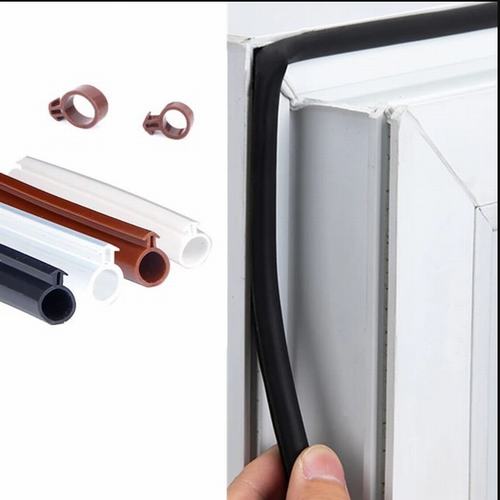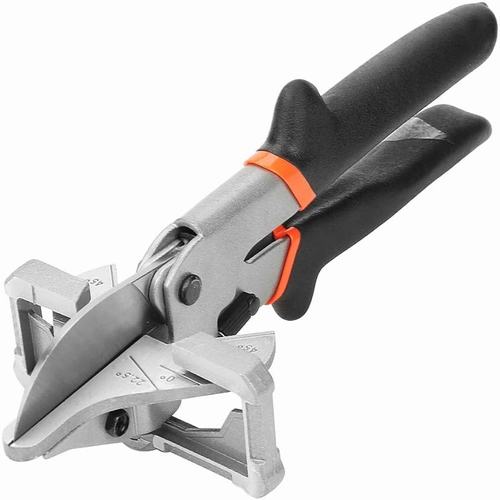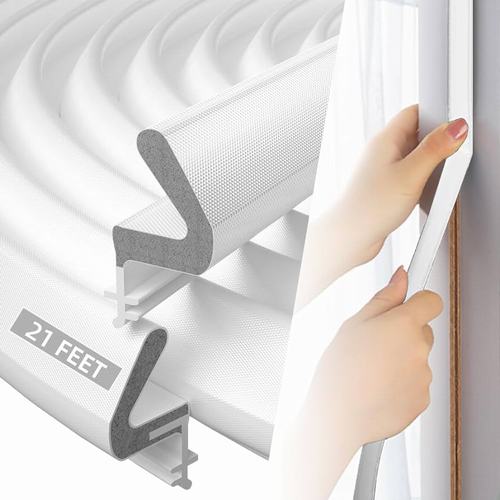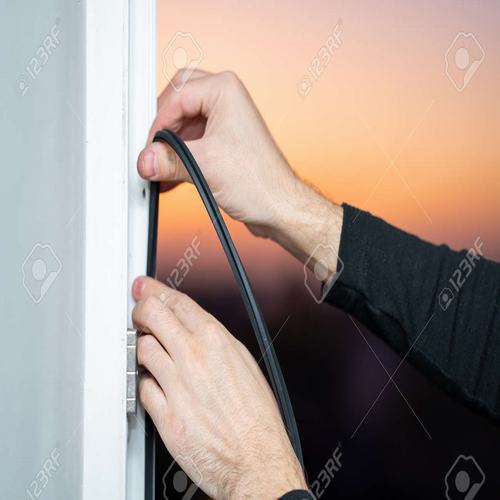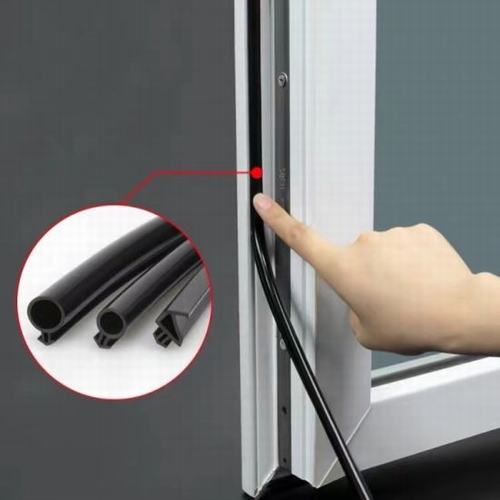











EPDM rubber seals and gaskets are widely used in various industries due to their excellent properties and versatility. Here’s a breakdown of some key points:
- Material Composition: EPDM is a synthetic rubber compound made from the polymerization of ethylene, propylene, and a small amount of a diene monomer. This composition gives EPDM Gaskets its desirable properties such as durability, flexibility, and resistance to heat, ozone, weathering, and chemicals.
- Applications: EPDM seals and gaskets find applications in automotive, construction, aerospace, and various other industries. They are commonly used for sealing doors, windows, hatches, trunks, and other openings in vehicles and buildings. They are also used in plumbing systems, electrical enclosures, and machinery where a reliable seal is needed.
- Properties:
- Weather Resistance: EPDM rubber exhibits excellent resistance to weathering, UV radiation, and ozone exposure, making it suitable for outdoor applications.
- Temperature Resistance: EPDM can withstand a wide range of temperatures, from -50°C to 150°C (-58°F to 302°F), without significant degradation in its properties.
- Chemical Resistance: EPDM is resistant to many chemicals, acids, and alkalis, which makes it suitable for use in diverse environments.
- Flexibility: EPDM retains its flexibility even at low temperatures, allowing it to conform to irregular surfaces and maintain a reliable seal.
- Compression Set Resistance: EPDM exhibits good compression set resistance, meaning it can rebound to its original shape after being compressed, ensuring a long-lasting seal.
- Manufacturing Process: EPDM seals and gaskets are typically manufactured through extrusion, molding, or die cutting processes, depending on the specific requirements of the application. These processes allow for the production of custom shapes and sizes to fit various sealing needs.
- Advantages:
- EPDM rubber offers a cost-effective solution for sealing applications due to its durability and longevity.
- It provides excellent sealing properties, even in harsh environmental conditions.
- EPDM is compatible with a wide range of substrates, including metals, plastics, and glass.
- It requires minimal maintenance and has a long service life.
- Considerations:
- While EPDM has many advantages, it may not be suitable for applications involving exposure to petroleum-based oils and fuels, as it can swell and degrade in such environments.
- Compatibility with specific chemicals should always be verified before selecting EPDM for a sealing application.
EPDM rubber seals and gaskets offer a reliable and cost-effective solution for a wide range of sealing applications, thanks to their excellent properties and versatility.


